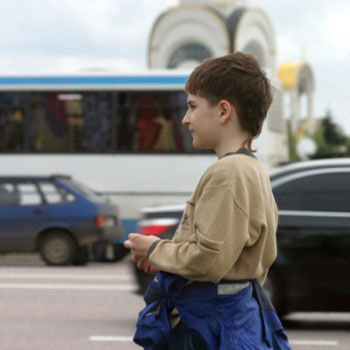June Is National Child Safety Awareness Month

For most parents, the days of letting their kids run around the neighborhood from sunup to sundown went out with the lax attitude about bike helmets. These days, summer is all about structure for most kids. Whether it’s camp, daycare, summer school or other activity, it’s important for kids to be supervised. It’s hard to hear about kids being taken or hurt, but it does happen, and that’s why June is Child Safety Awareness Month. “Child safety is important all year, but summer is an especially important time for parents and children to include safety in their activities,” said Ernie Allen, president and CEO of the National Center for Missing and Exploited Children. Keep your kids safe by starting with prevention. Be sure your child knows exactly where you live – street address, city, all applicable phone numbers, and of course how to use the telephone. It’s helpful to give kids the number of a trusted adult or neighbor as well. Inform your children of people from whom it’s OK to accept car rides. If you know you’ll need someone your child might not know to pick him up, choose a code word that the person can give the child to let him know he’s trustworthy. Keep current pictures of your child printed out and accessible – -they won’t do a lot of good if they’re sitting on your digital camera and there’s nothing to show authorities if your child goes missing. Consider keeping pictures in a booklet that contains your child’s fingerprints (easily made with a stamp pad) and any defining characteristics, such as a mole, birthmark or other physical distinction. It’s tough to keep kids occupied during the summer, but don’t drop them off at parks, malls, arcades or other public areas unsupervised. If you must leave older kids home alone, set some ground rules, including what to tell strangers who call or come to the door – or not answering at all. Finally, listen to your kids and ask about what they’re doing this summer. Keeping the lines of communication open is the best way to tell if your child might be in danger.

